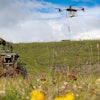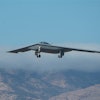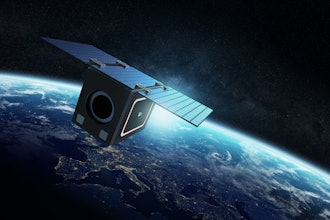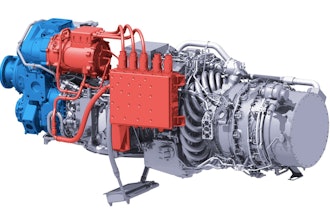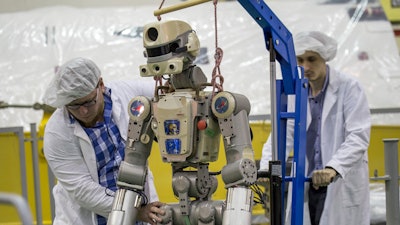
MOSCOW (AP) — A Russian space capsule carrying a humanoid robot has failed to dock as planned with the International Space Station.
A statement from the Russian space agency Roscosmos said the failure on Saturday was because of problems in the docking system. It said the space station itself and the six-person crew are safe.
Roscosmos head Dmitry Rogozin said on Twitter that a new docking attempt would be made on Tuesday.
The capsule was launched Thursday as part of tests of a new rocket that is expected to replace the Soyuz-FG next year.
It is carrying a robot called Fedor, which will perform two weeks of tests aboard the space station. Vladimir Solovyev, flight director for the Russian segment of the ISS, said the robot had not been taught how to manually conduct a docking.
 In this photo taken on Friday, July 26, 2019, and distributed by Roscosmos Space Agency Press Service, the Fedor robot is displayed before being loaded into a Soyuz capsule that was launched Thursday Aug. 22, 2019, from the launch pad at Russia's space facility in Baikonur, Kazakhstan. A Russian space capsule carrying a humanoid robot has failed to dock as planned with the International Space Station. A statement from the Russian space agency Roscosmos said the failure to dock on Saturday Aug. 24, 2019, was because of problems in the docking system, but didn't give details.
In this photo taken on Friday, July 26, 2019, and distributed by Roscosmos Space Agency Press Service, the Fedor robot is displayed before being loaded into a Soyuz capsule that was launched Thursday Aug. 22, 2019, from the launch pad at Russia's space facility in Baikonur, Kazakhstan. A Russian space capsule carrying a humanoid robot has failed to dock as planned with the International Space Station. A statement from the Russian space agency Roscosmos said the failure to dock on Saturday Aug. 24, 2019, was because of problems in the docking system, but didn't give details.


